The Supermoon could affect the taste of wines and development of vines around the world, but it's coming at a good time for vineyards, according to proponents of biodynamics.
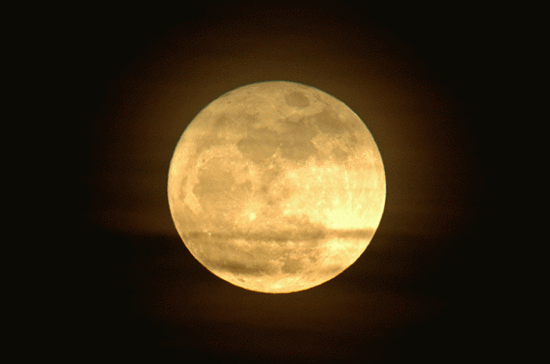
The so-called ‘Supermoon’ appeared 14 percent larger and 30 percent brighter in the sky yesterday (31st Jan).
What effect could this natural phenomenon have on the wines being made this year? Followers of biodynamic principles offer some insight below.
‘Wines most likely to show any kind of lunar effect will be those farmed biodynamically, because this is the only farming system which actively considers the the vines as part of a wider celestial sphere,’ said Monty Waldin, a biodynamic wine consultant and writer.
Waldin suggested two ways in which the Supermoon could change this year’s wines:
The Moon’s closeness to the Earth brings a ‘winter mood’ to plants, as plant sap is said to concentrate in the vine roots. This could make white wines taste less fruity and smell less aromatic, and could make reds taste more tannic than usual.
The Moon being full brings a ‘summer mood’ to plants by reflecting sunlight back to Earth which otherwise would be ‘lost’. This could make wines taste more fruity and small more aromatic and could make reds taste rounder, plumper.
The Supermoon in 14th November 2016 ‘could be beneficial for the living force of our 2016s, which are going through malolactic fermentation. It may also help bacteria become particularly active,’ said Thomas Duroux CEO of Château Palmer, which follows biodynamic practices in its vineyards.
‘It would have been very different in spring time, because it would cause real increase in mildew pressure.’
Bérénice Lurton, of the biodynamically farmed Château Climens in Barsac, also said that it was lucky the Supermoon didn’t arrive in spring when interviewed in 2016.
‘If it had been in the spring, we would have been clearly under pressure by mildew, as the combination of full moon and lunar perigee impact the rise of water into the earth and plants — to which vine is especially sensitive,’ she told Decanter.com.
‘We would have then made a horsetail spraying before. But now, we can sleep soundly and enjoy the beauty of the phenomenon, if ever the clouds let us see something.’
According to Maria Thun’s biodynamic calendar, 31st January was a ‘leaf day’—a day considered less favourable for tasting wine.
Of course, there is much division in the wine world over biodynamic principles, and even some followers of biodynamics disagree on the extent to which the calendar and lunar cycles physically affect the taste and development of wine.
Written by Laura Seal for Decanter.com
Updated from the original version on 1st Feb 2018
Translated by Sylvia Wu / 吴嘉溦
All rights reserved by Future plc. No part of this publication may be reproduced, distributed or transmitted in any form or by any means without the prior written permission of Decanter.
Only Official Media Partners (see About us) of DecanterChina.com may republish part of the content from the site without prior permission under strict Terms & Conditions. Contact china@decanter.com to learn about how to become an Official Media Partner of DecanterChina.com.

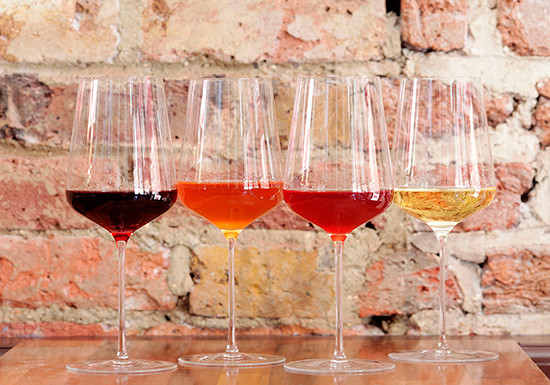
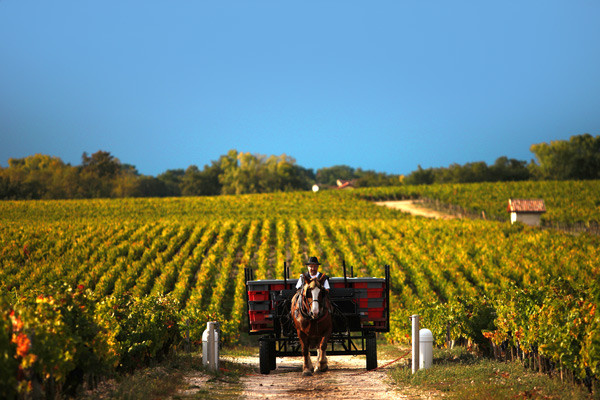
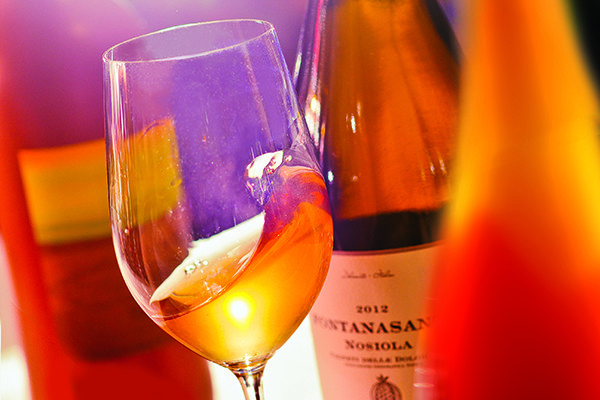
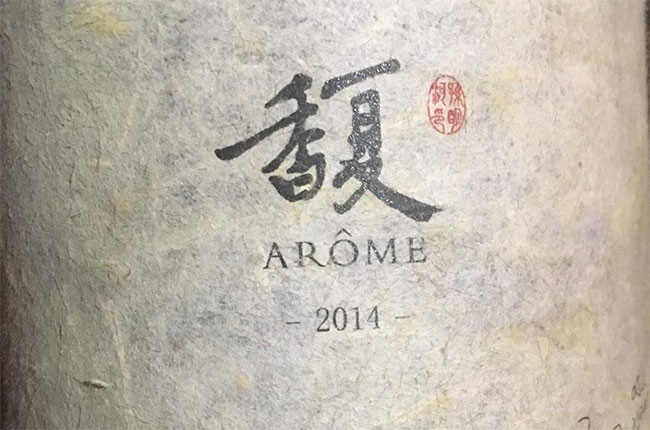
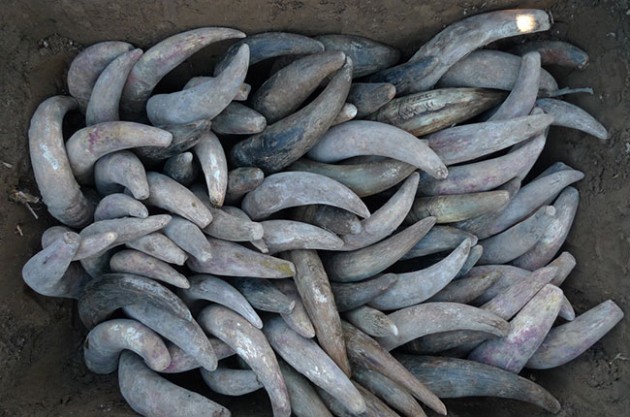
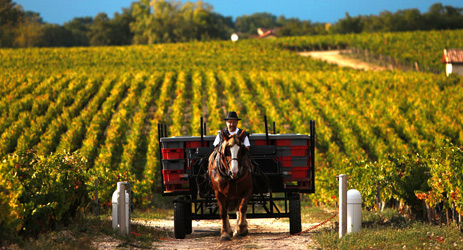
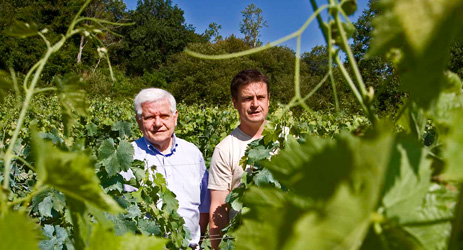
Comments
Submit